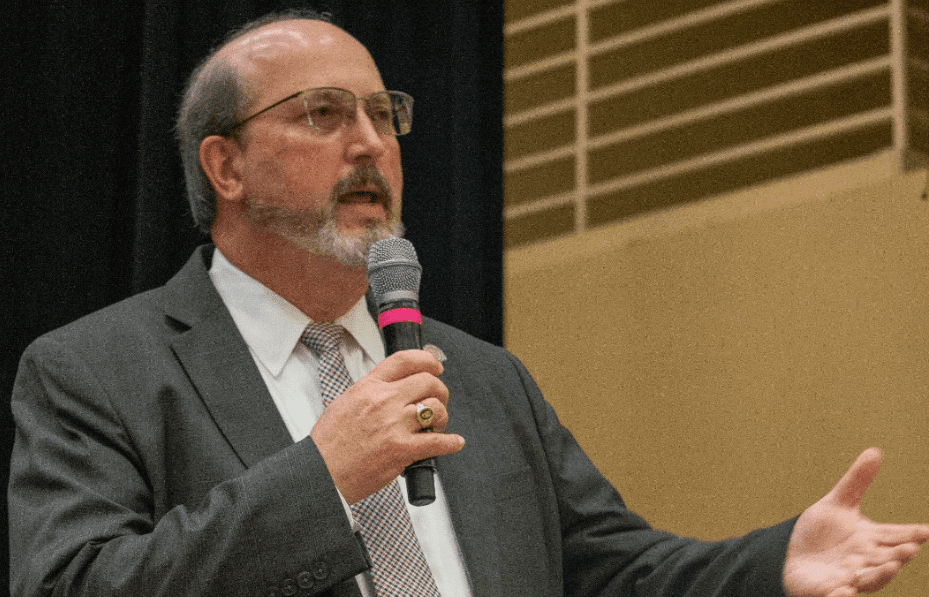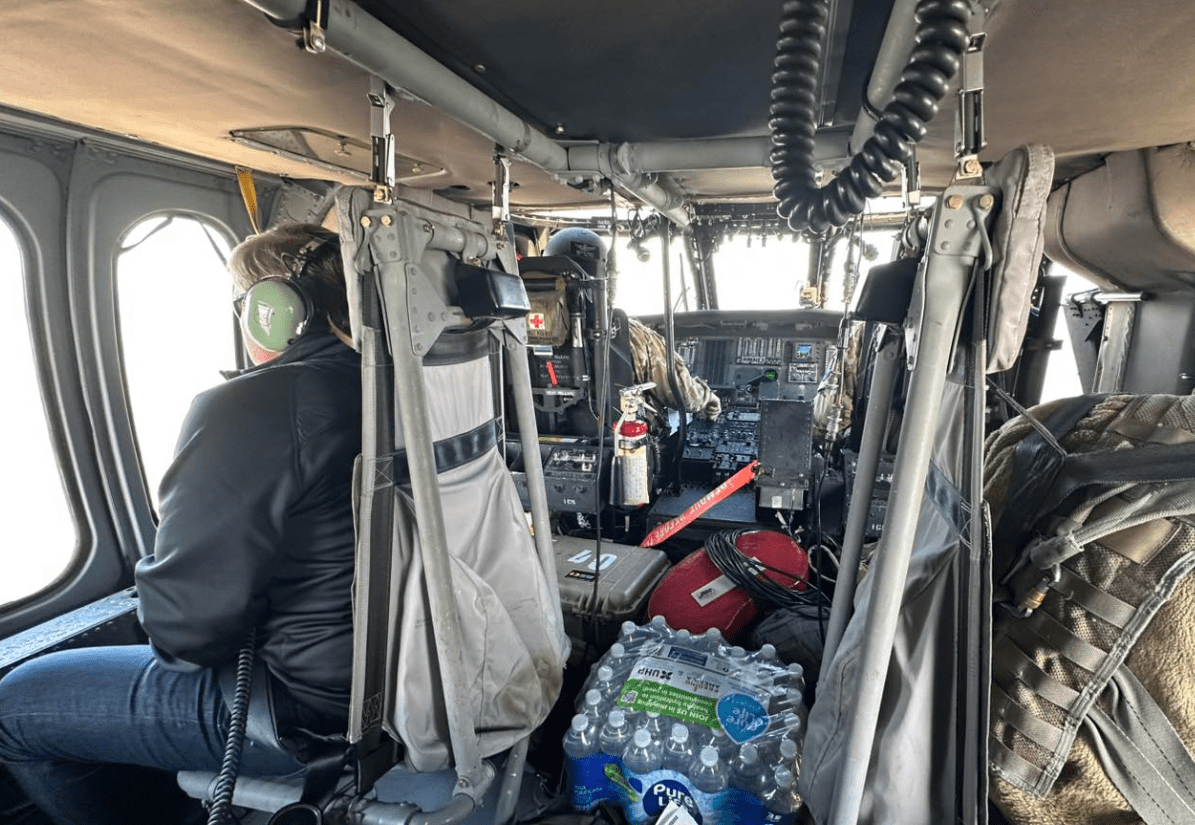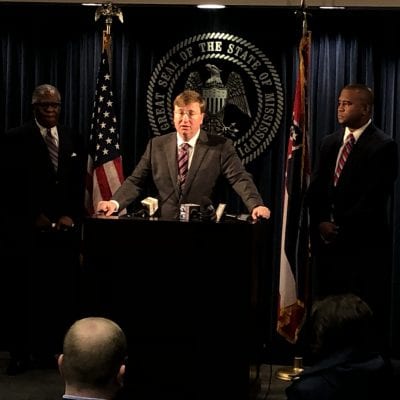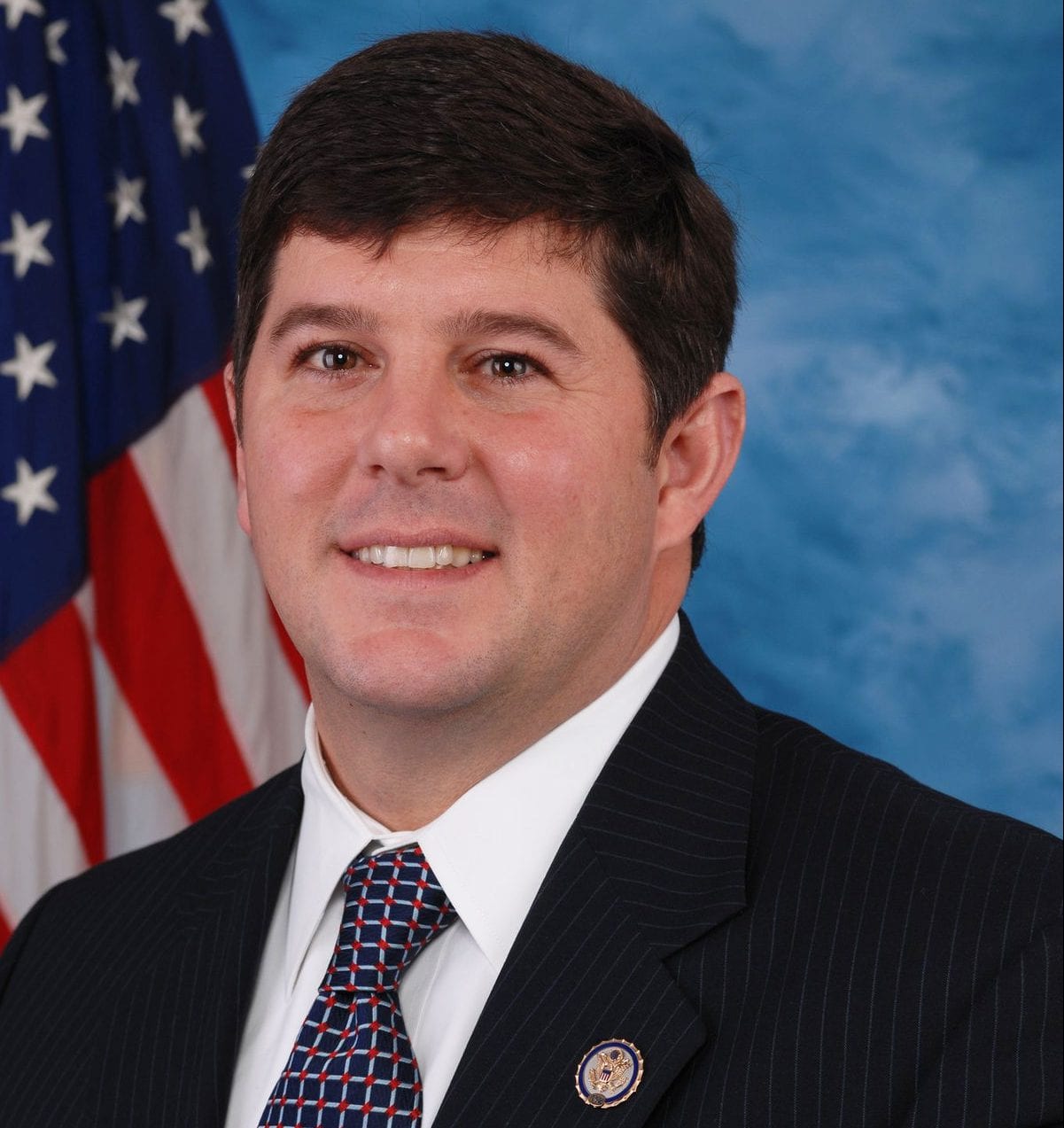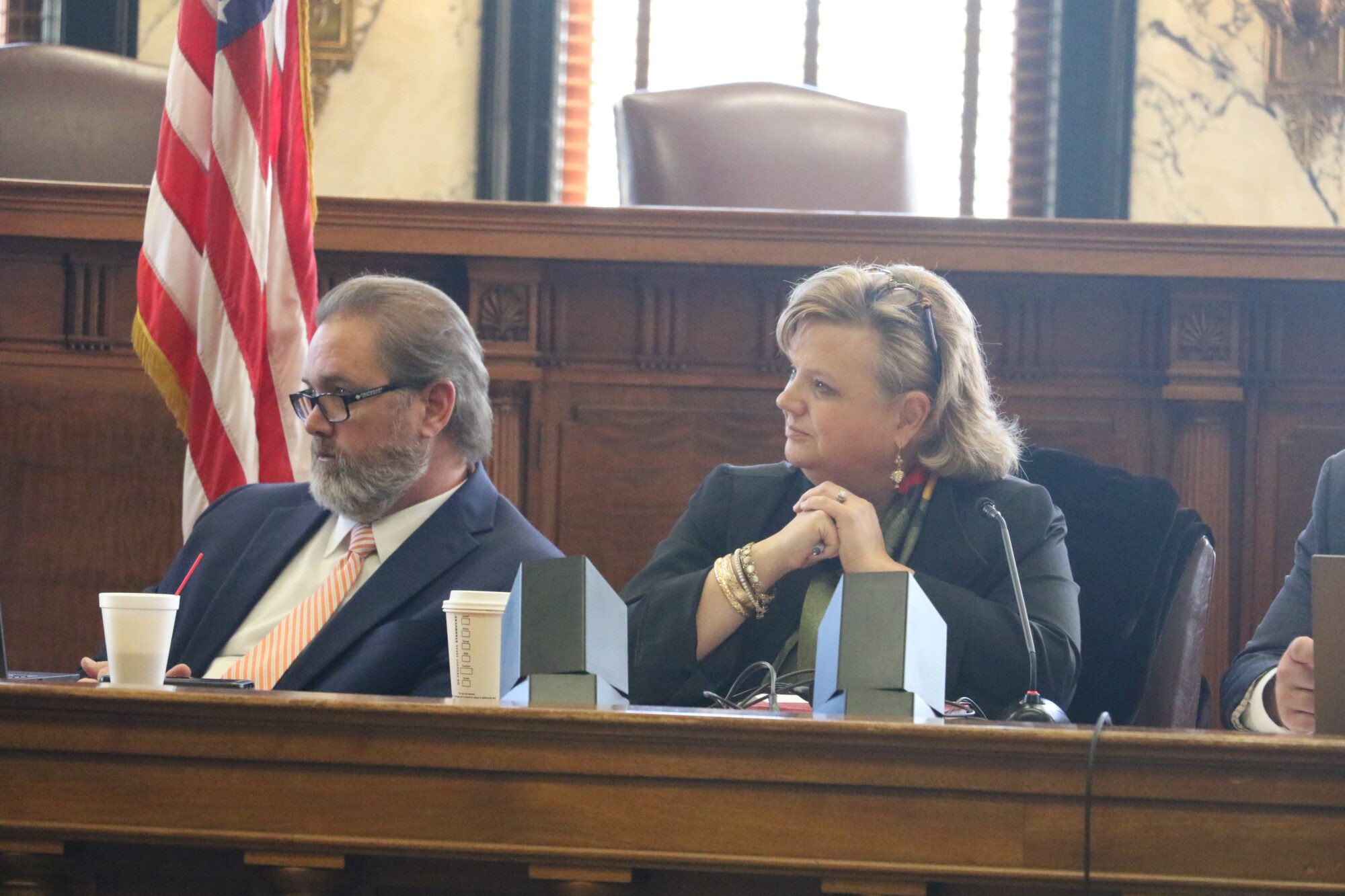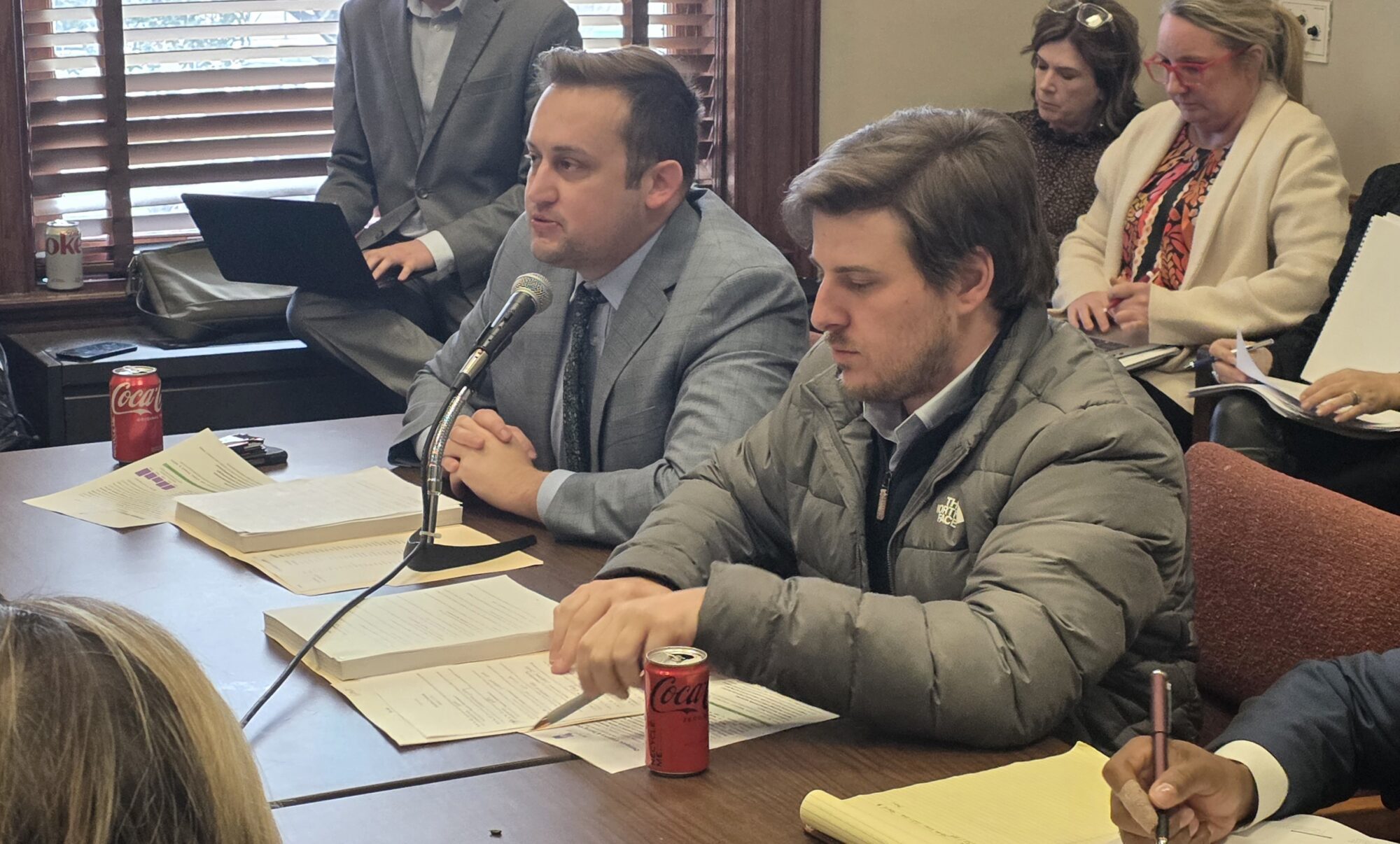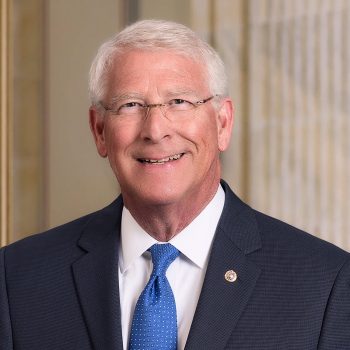
Protecting public health during the coronavirus outbreak has required steps that were unimaginable only weeks ago. Businesses have shut their doors, children are staying home from school, churches have stopped gathering in-person, and nearly all public events have been canceled. Millions of Americans are working remotely, and many others are unable to work at all.
These extreme measures have been taken to stop the spread of the virus and save lives and are based on advice from health-care professionals. But they are also taking a toll on our economy and on the many hard-working individuals who now find themselves out of work and their savings threatened through no fault of their own. To save our economy from collapse, Americans need immediate financial support.
This month I have worked with my Senate colleagues to negotiate and pass several pieces of legislation to get urgent relief into the hands of families, workers, and businesses in need. At the same time, we are sending needed resources to those dedicated health-care workers who are on the front lines fighting this virus.
Swift Bipartisan Legislation
In early March, Congress and the President moved swiftly to provide over $8 billion to help medical workers, expand testing, and develop treatments and vaccines. Mississippi is already putting some of this money to use. As a result of this legislation, our state received a grant of $5.8 million from the Centers for Disease Control and Prevention (CDC) to help fight the spread of COVID-19.
Then on March 18, the Senate passed additional support at the President’s request, requiring paid leave for workers who have contracted the coronavirus and for parents who are forced to miss work to care for their children. The bill also provides free coronavirus testing for all Americans – including those who are uninsured.
Just days ago, the Senate unanimously passed a massive relief package to help workers and families in almost every segment of our society, including businesses, hospitals, and non-profits. The bill will provide checks of up to $1,200 for low and middle-income individuals and up to $2,400 for married couples and joint filers who meet certain salary requirements, with an additional $500 for each child. This direct assistance was viewed as the fastest way to get money to people who need it without unnecessary red tape and bureaucracy.
As chairman of the Senate Commerce Committee, I was one of the primary negotiators of this rescue package. My working group helped write provisions to provide emergency capital for struggling employers, including airlines. This should help keep people on the payrolls. However, for those who have been laid off because of this crisis, the new law significantly increases unemployment benefits for the next four months.
President Trump Takes Administrative Action
In addition to congressional action, President Donald Trump has used his authority to help. Facing an urgent shortage of medical supplies, the President invoked the Defense Production Act to increase the availability of needed resources. The President declared a national emergency to unlock up to $50 billion in funds to help respond to the coronavirus pandemic. His administration has also suspended interest payments on federal student loans and delayed the deadline to file federal taxes until July 15, 2020.
These measures are necessary to help our nation weather this crisis. However, no amount of federal action can solve this problem alone. We all need to do our part by following CDC guidance at http://cdc.gov.
# # #
Release from Senator Roger Wicker.


